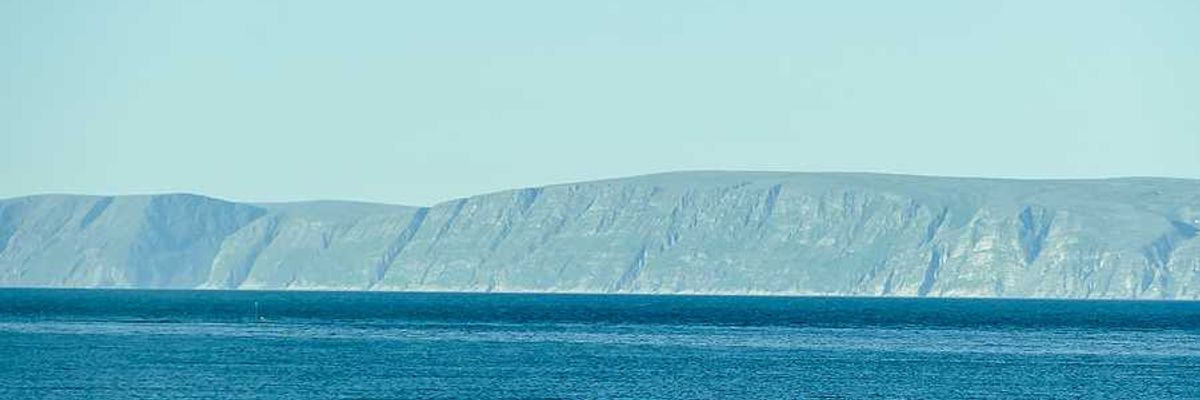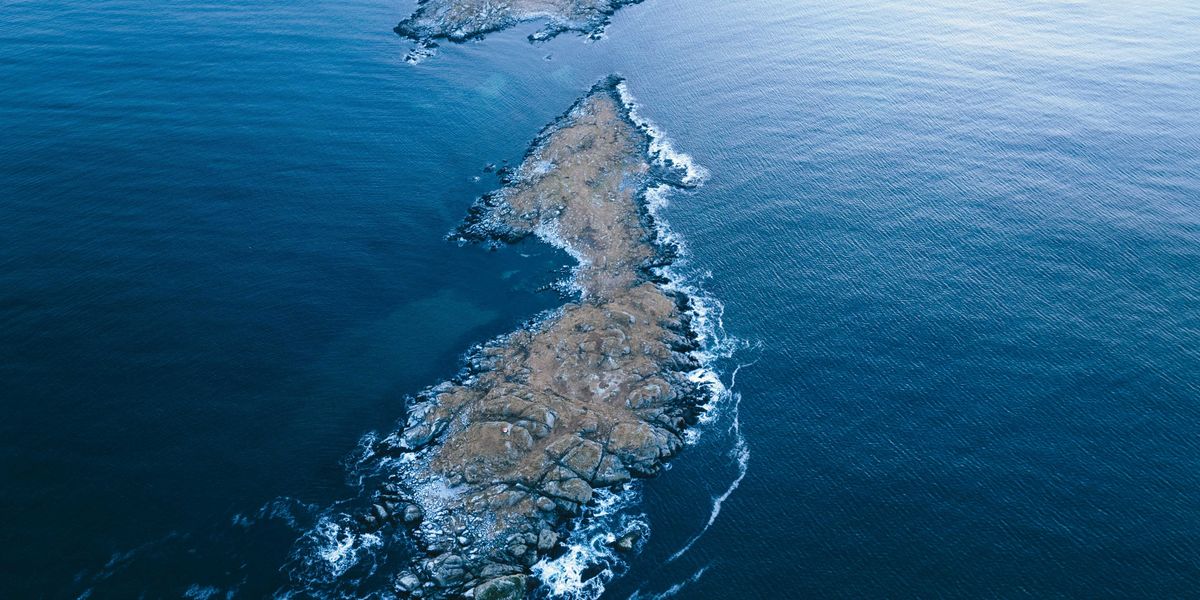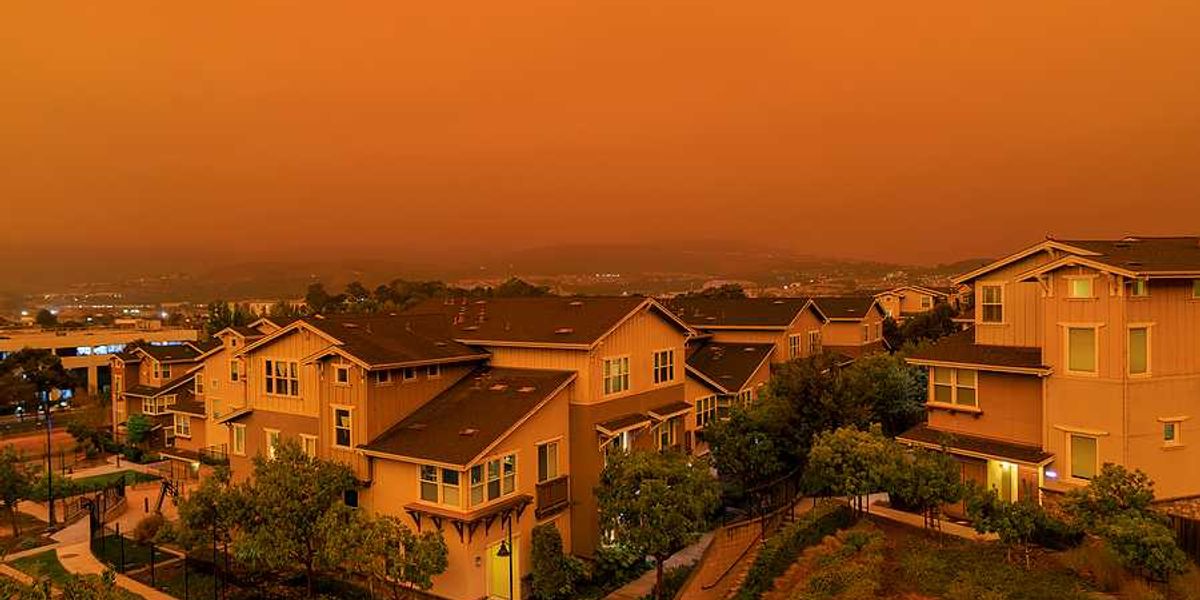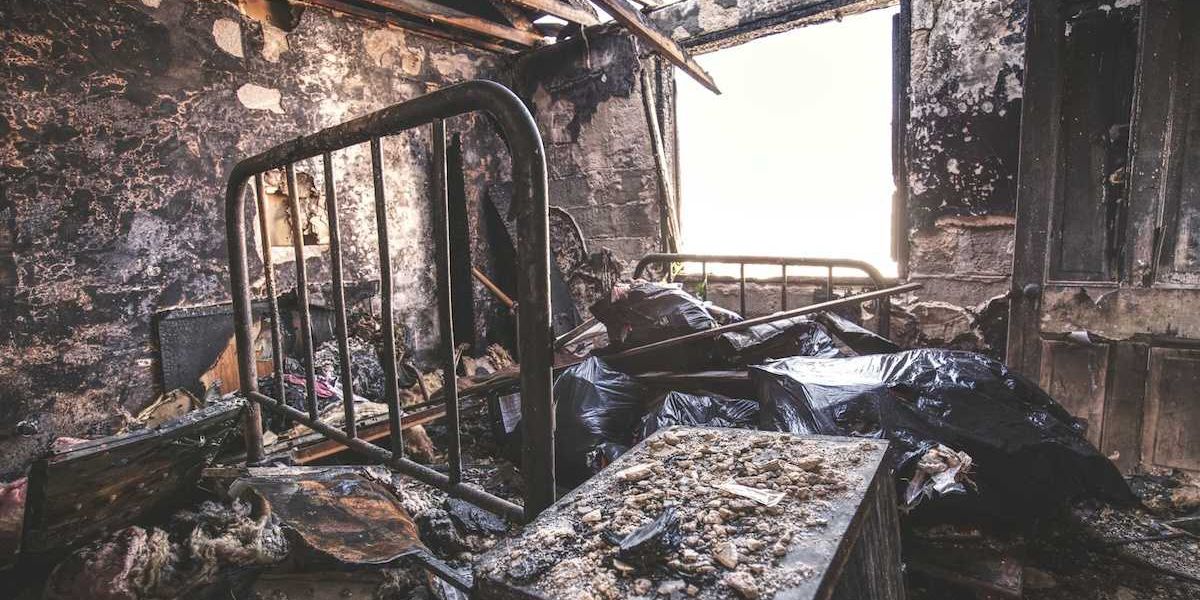water
AI's environmental cost includes massive water and power usage
Each query processed by AI tools like ChatGPT requires significant water and electricity for server cooling, contributing to environmental strain, particularly in areas facing resource shortages.
Pranshu Verma and Shelly Tan report for The Washington Post.
In short:
- ChatGPT consumes about 519 milliliters of water to generate a 100-word email, illustrating the hidden environmental costs of AI usage.
- Data centers, essential for AI operation, use enormous amounts of water and energy, depending on regional factors like heat and electricity prices.
- Big tech companies have committed to greener practices, but their water use and carbon emissions continue to rise.
Key quote:
“AI can be energy-intensive and that’s why we are constantly working to improve efficiency.”
— Kayla Wood, spokesperson for OpenAI
Why this matters:
AI's rapidly growing use adds strain to already taxed water and energy supplies, particularly in vulnerable areas. This highlights the need for better sustainable practices in the tech industry to reduce long-term environmental impacts.
Illinois carbon capture project faces early corrosion issues, raising long-term safety concerns
The nation’s first carbon capture and storage project, located in Decatur, IL, has violated Safe Drinking Water Act regulations due to corrosion in a monitoring well, according to the EPA.
In short:
- The Decatur project, run by Archer-Daniels-Midland (ADM), was the first in the U.S. to inject captured carbon into deep wells for storage.
- EPA inspections found corrosion in a monitoring well used to detect leaks, prompting concerns about long-term risks to groundwater safety.
- ADM has plugged the affected well and stated that local drinking water remains unaffected.
Key quote:
“This incident puts an exclamation point on concerns communities across the country have been raising for years about the dangers the CCS industry poses to public safety and drinking water.”
— Jim Walsh, policy director of Food & Water Watch.
Why this matters:
Corrosion and leaks in carbon capture projects could threaten drinking water and public safety. Early issues like this may signal more severe problems as these facilities age, potentially undermining their role in climate solutions.
Low water levels disrupt transportation on the Mississippi River
For the third consecutive year, drought in the Midwest is driving down water levels in the Mississippi River, hampering the transport of fuel and grain and pushing businesses to find alternatives.
In short:
- Drought conditions in the Midwest have lowered Mississippi River water levels since mid-July, causing transportation delays and increased costs for goods like grain and fuel.
- Barge operators are facing rising costs, with barge rates increasing by 57% compared to the three-year average, leading to higher shipping expenses for businesses.
- Climate scientists warn that alternating wet and dry conditions may become more common as climate change affects regional weather patterns.
Key quote:
“This was front and center for us. One of the main things that we talked about were these rapid oscillations … between wet to dry and dry to wet extremes..”
— Aaron Wilson, Ohio’s state climatologist and a professor at Ohio State University
Why this matters:
The Mississippi River plays a crucial role in U.S. agricultural exports. Prolonged disruptions could hurt U.S. farmers, especially soy growers, and allow foreign competitors to gain an advantage in the global market.
Mississippi River's low water levels hurt farmers shipping grain
For the third year in a row, unusually low water levels in the Mississippi River are causing barge companies to limit their cargo, reducing farmers' profits as they ship grain to international buyers.
In short:
- Low water levels in the Mississippi River are forcing barge companies to limit their loads, especially impacting grain shipments.
- Grain freight costs from St. Louis and Memphis are sharply higher compared to last year and the three-year average.
- The U.S. Army Corps of Engineers is frequently shifting dredging operations to address the situation.
Key quote:
“When you’ve got a transportation cost increase in any industry the question is, ‘Do I pass those costs onto the customer in the form of a higher price?’”
— Mike Steenhoek, executive director of the Soy Transportation Coalition
Why this matters:
Low water levels on the Mississippi River threaten the efficient transportation of U.S. grain exports. As freight costs rise, farmers can't easily pass on these costs in global markets, impacting their livelihoods.
California scrambles to save Joshua trees as climate and wildfires intensify
In California’s Mojave Desert, rising temperatures, wildfires and invasive grasses are devastating Joshua trees, prompting state officials to create refuges and stricter regulations to protect the species.
In short:
- Recent wildfires have killed millions of Joshua trees, especially in Mojave National Preserve, altering vital desert ecosystems.
- Climate change threatens Joshua trees by increasing temperatures, reducing rainfall and fueling the spread of invasive, flammable grasses.
- California's new Western Joshua Tree Conservation Act aims to safeguard the species by controlling development and protecting key habitats.
Key quote:
“The temperature is important, but rainfall is really important. If you couple higher temperatures and drier conditions, you are screwed.”
— Cameron Barrows, retired research ecologist, UC Riverside
Why this matters:
Joshua trees are a keystone species in the Mojave Desert, supporting diverse wildlife. Their loss would not only devastate ecosystems but also signal severe impacts from climate change in arid regions.
Texas debates over new oil and gas waste rule heat up
Texas is considering its first major revision of oil and gas waste management rules in 40 years, but environmentalists and industry leaders disagree over the new regulations.
In short:
- Texas' revised rule aims to improve waste disposal from oil and gas drilling, including the handling of toxic byproducts like produced water and drilling mud.
- Environmental groups argue the rule doesn't do enough to protect groundwater, while the industry says stricter measures could be too expensive for smaller companies.
- The public has until September 30 to comment on the proposal, with hearings scheduled this week.
Key quote:
“This is a massive overhaul of extremely important groundwater protection rules.”
— Virginia Palacios, executive director of Commission Shift
Why this matters:
Texas generates billions of gallons of oilfield waste annually, some of which poses a risk to groundwater. Updated regulations could strengthen protections or lead to more conflicts between environmentalists and the energy industry.
Related:
Maasai pastoralists turn to fish farming as drought decimates cattle
A devastating drought in Kenya has killed millions of livestock, forcing Maasai and other pastoralist communities to explore alternative livelihoods like fish farming and camel rearing.
Zelipha Kirobi, Desmond Tiro, and Evelyne Musambi report for The Associated Press.
In short:
- The prolonged drought in Kenya has killed more than 2.6 million livestock, pushing pastoralists to reconsider their reliance on cattle.
- The Maasai and other herders are turning to fish farming and camels, which are more drought-resistant, to cope with climate change.
- The Kajiado government supports fish farming as a new source of income for pastoralists, with over 600 families participating.
Key quote:
“We never used to live near lakes and oceans, so fish was very foreign for us. We grew up seeing our elders eat cows and goats.”
— Kelena ole Nchoi, Maasai Council of Elders chair
Why this matters:
Shifting climates threaten traditional livelihoods, forcing communities to adapt to new sources of income and food. This transformation highlights the broader impacts of global climate change on cultural practices and food security.
Related: Maasai livelihoods at stake as conservation efforts expand in Tanzania









